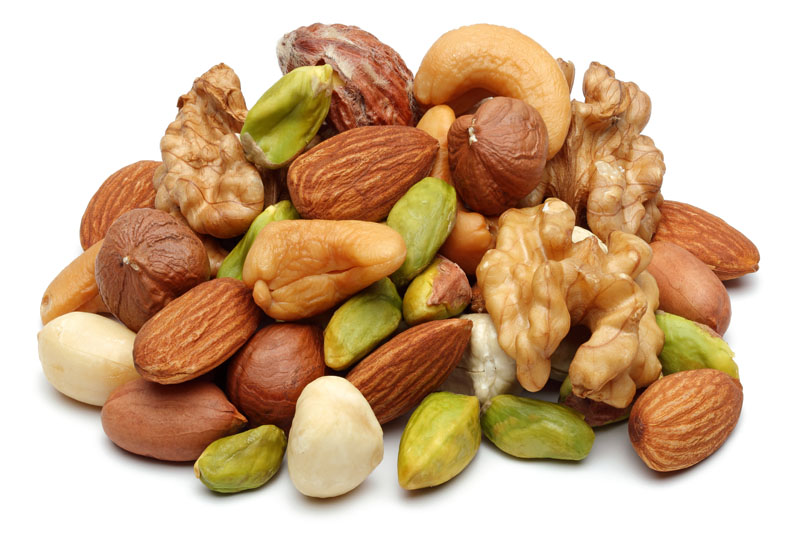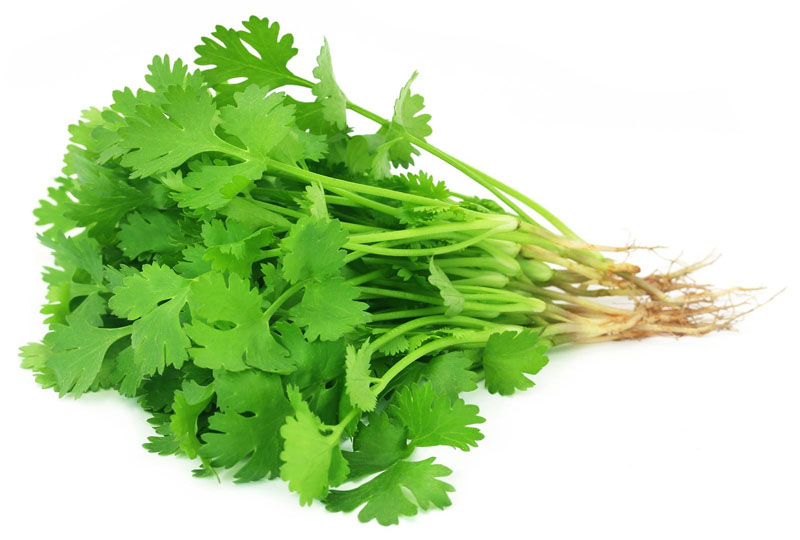Healthy diet choices for you and your family
Find out what the latest science is saying about your favorite foods to help you make the healthy diet choices for you and your family.
As we face a growing obesity crisis, the need for increased focus on healthy eating habits becomes more and more prominent. It appears that physicians, like the rest of the population, could use some improvement in their diets.

Maintain a Low Sodium Diet
High salt intake, a primary source of sodium in our diets, is linked to Hypertension, an increased risk of cardio vascular diseases and stroke. Low sodium diets are also recommended for people suffering from heart failure, renal failure and cirrhosis of the liver.Fresh milk, paneer, dahi are all low in sodium. Processed cheese like goat, ricotta and fresh mozzarella are low in sodium while hard cheeses like cheddar, and cheese spread have a high sodium content. Ice creams and frozen yogurts are in the category of ” go easy”
Fruits and vegetables, which are seasona l and fresh, you can eat any amount. In addition to being low in Sodium, they are rich in Potassium, which also helps control your BP and is complimentary to Sodium. Fresh frozen fruits or dried fruits are a thumbs up but canned and marinated vegetables are a high source of sodium. Tomato sauces and ketchup are also to be consumed in small quantities.
l and fresh, you can eat any amount. In addition to being low in Sodium, they are rich in Potassium, which also helps control your BP and is complimentary to Sodium. Fresh frozen fruits or dried fruits are a thumbs up but canned and marinated vegetables are a high source of sodium. Tomato sauces and ketchup are also to be consumed in small quantities.
Fresh milk, paneer, dahi are all low in sodium. Processed cheese like goat, ricotta and fresh mozzarella are low in sodium while hard cheeses like cheddar, and cheese spread have a high sodium content. Ice creams and frozen yogurts are in the category of ” go easy”
Heart Healthy Nuts
Nuts are great. Not only do they make for a crunchy and filling snack to chomp on between meals, they are also known to boost weight loss, brain power and heart health. These tiny wonders are rich sources of protein, fiber and several antioxidants and anti-inflammatory compounds. Most nuts contain Vitamin E, B2, folate and essential minerals like magnesium, potassium, phosphorus, copper and selenium.

Walnuts: As a kid, your mother may have convinced you to eat these woody nuts daily for better memory and brain power. Turns out that walnut may be good for your heart too. It is probably the best nut for your heart health.
Pistachios:
A study carried out by Diabetes Foundation of India (DFI) and the National Diabetes, Obesity and Cholesterol Foundation shows that pistachios have beneficial effects on glycemic and lipid parameters. Pistachios have a low glycemic index, are naturally cholesterol free, and are good sources of protein, fibre and antioxidants. These qualities make them great for preventing the risk of obesity and heart disease.
Almonds: Almond is one healthy nutty delight. Regular consumption of almonds has been linked to lowering LDL (bad) cholesterol levels in innumerable studies. They are rich in monounsaturated fats, fibre, phytosterols, plant protein, tocopherol, arginine, magnesium, copper, manganese, calcium, and potassium makes them heart protective. Arginine, found in almonds, is a type of an amino acid that is required to make a molecule called nitric oxide which is known to relax constricted blood vessels and ease the flow of blood.
Peanuts: Peanuts contain a powerful antioxidant called resveratrol which is found in its skin and is known for its heart protective activity. Switching to peanut butter could be a healthier and protein-rich alternative to processed butter that is full of sodium. Through them in salads and stuff them with the filling in wraps or sandwiches.
Cashew Nuts: Cashew nuts are rich in Vitamin E that may help in inhibiting the formation of plaque in your arteries allowing the blood to flow through them smoothly. Development of plaque in the arteries is one of the most common causes of coronary heart disease and heart attack. Sprinkle some cashews on your breakfast cereal or even on stir-fries for lunch.
Coriander or Cilantro: Uses and Benefits for Skin and Health
Coriander, commonly known as hara dhaniya in local terms and Coriandrum sativum in scientific terms, is an aromatic herb native to Southern Europe and Western Asia. It is also popular as cilantro or Chinese parsley. It is the most versatile ingredient and every part of it is edible. The coriander leaves are used for garnishing and other culinary purposes. According to a Bangalore-based nutritionist Anju Sood, “Coriander is a natural aphrodisiac, a great source of dietary fiber, magnesium and iron.”

Call it as wonder herb, coriander is a package of eleven essential oils, six types of acid and lots of mineral and vitamins with many beneficial properties. According to USDA, a 100 gm of coriander has 3.6 gm of carbohydrate, 2.08 gm of protein, 2.50 mg vitamin E, 27 mg vitamin C, 310 mg vitamin K, 055 mg pantothenic acid and more.
Health Benefits of Coriander
One of the many health benefits of coriander is sharp eyesight. The components in coriander (Phosphorus, Vitamin A, Vitamin C, Antioxidants) help in the prevention of vision disorders and also reducing stress on the eye. One of its magical quality is that it helps in reversing vision degenerative effects in aging patients due to the presence of b-carotene. It also helps in prevention of infections like conjunctivitis and is used in the making of many eye- related medicines.
Coriander is recommended for people who suffer from diseases like osteoporosis. People who want to focus on their bone health should include coriander in their daily diets since it contains calcium along with other minerals (specifically present in the center part of the leaves), which help with bone regrowth, durability and prevention of bone degradation.
Regulates Cholesterol
In today’s time, every other person is suffering from bad cholesterol. This herb can actually help you to increase the level of good cholesterol (HDL) and reduce bad cholesterol (LDL).
Coriander Benefits for Healthy Skin

Luscious Lips
Why to waste money on chemical and processed lip balms when you can remove the dead skin from the lips and keep them luscious? Yes, coriander can help with that.



